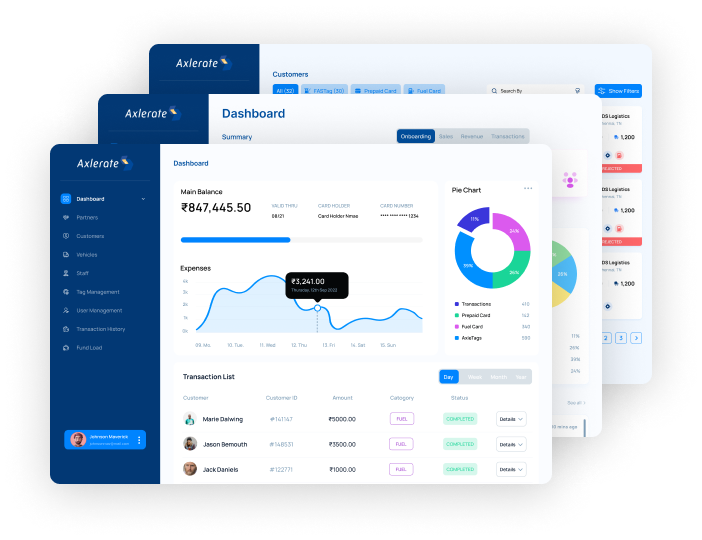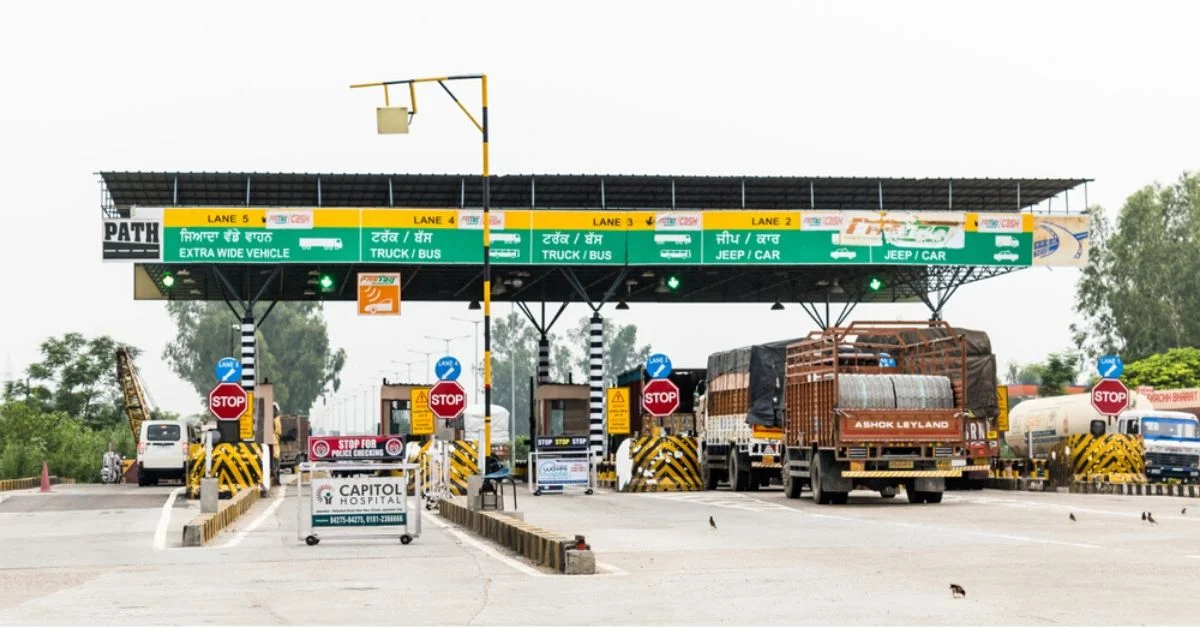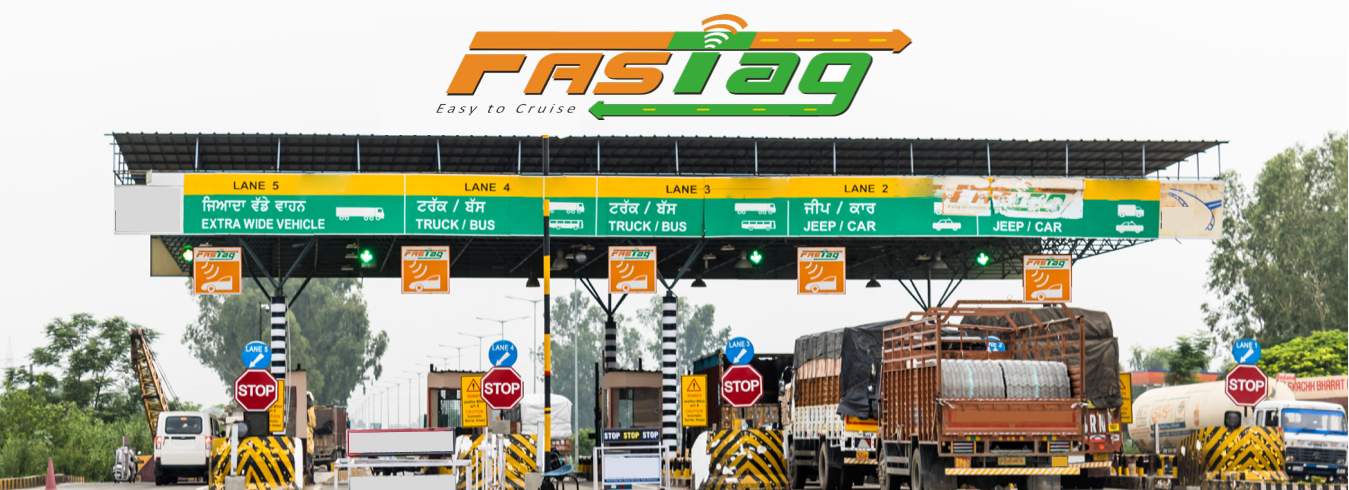What you need to know about fleet management costs in logistics?
In the Logistics sector, managing fleet operating costs is an essential undertaking as funds must be disbursed by logistics owners, fleet managers and truck drivers throughout every stage of shipment delivery. Moreover, increasing costs is a major challenge. A survey conducted by Verizon Connect revealed that 44% of fleets rated increasing costs as a top challenge to daily fleet operations. However, there are effective strategies to reduce operational costs including commercial vehicle tracking using a commercial vehicle GPS system.
How can you reduce fleet operating costs with effective strategies?
Reducing fleet operating costs can be possible with effective fleet management strategies that can be done manually or digitally using fleet-related technologies. Some of the ways to reduce fleet operating costs include route optimization, driver behaviour monitoring, preventive maintenance, increasing fuel efficiency, truckload optimization, avoiding unnecessary idling, enhancing driver and vehicle safety to avoid insurance costs, using telematics technology and a commercial vehicle GPS system.
Why is GPS tracking the best solution for fleet cost management?
Lack of visibility is the driving factor for higher fleet operating costs as the vehicles are off premises and proper monitoring or communication is not possible between logistics owners, fleet managers and truck drivers. Therefore, real-time information is crucial for efficient management of fleet operations and expenses. There are a number of benefits of commercial truck GPS including commercial vehicle tracking in real-time for more productivity and cost reduction.
The Fleet Technology Trends Report from Verizon Connect reveals that GPS tracking users across all industries decreased fuel costs by an average of 8%. Users also saw an average decrease of 11% in accident costs, and a decrease in overall labor costs of 10% in 2020. Thus, GPS for commercial vehicles is comparatively the best solution for reducing fleet operating costs.
4 ways a GPS tracking device reduces fleet operating costs?
- Fuel costs: Fuel accounts for the majority of transportation costs as the industry hinges on the constant movement of commercial vehicles for shipments delivery. Moreover, excessive idling, speeding and harsh braking lead to additional fuel consumption and costs. A commercial vehicle GPS system helps to track fuel consumption by monitoring unproductive driving patterns. According to Verizon Connect, 8% average drop in fuel cost was reported after using fleet tracking technology in 2020.
- Accident costs: According to a study, fleet vehicle collision cost sums up to $70,000 per year on average (Source: G2 Tech Marketplace). The 2022 Fleet Safety Report by GPS Insight reveals that the top reason given for what motivates fleets to address safety concerns was to reduce fleet maintenance costs. A commercial truck GPS helps to monitor driver behavior, optimize routes and predict traffic and weather conditions to avoid accidents. According to G2 Tech Marketplace, 42% reported considerably fewer safety incidents since using fleet tracking software to monitor driver behavior.
- Maintenance costs: Commercial vehicles require regular maintenance to avoid mechanical faults, wear and tear of components and also prevent accidents resulting from maintenance issues. According to Ernst & Young, maintenance costs can contribute anywhere from 30 to 50 percent of the total cost of ownership for fleets. However, GPS for commercial vehicles helps to track vehicle performance based on mileage and send alerts for scheduled maintenance to reduce costs of major repairs. According to a recent survey, preventive maintenance tracking has proven successful in reducing vehicle maintenance issues from 61% to 57% (Source: Webinar Care).
- Additional costs: Empty miles in trucking is a major concern as trucks return empty to the destination after shipment delivery without any revenue and additional expenses including fuel and wages for drivers during unproductive hours. Recent research indicates that empty miles in trucking range from 33% to 40% of the total miles driven (Source: Convoy). A commercial vehicle GPS system provides real-time visibility so that fleet managers and truck drivers can find nearby loads, combine shipments and drive back to the destination without being unproductive or losing revenue.
Let’s Wrap Up!
Fleet expense management is a tedious process and fleet managers, truck owners and drivers struggle to reduce operational costs. While there are a number of strategies to cut costs, it is most effective to buy commercial vehicle GPS system that can reduce fuel, accident, maintenance and additional costs associated with fleet operations.
Axlerate is a unified platform for Logistics and transport management, payments and services. Our solutions help to simplify tolls, fuel purchases, fleet expenses, loans, insurance, escrow, payments, truck booking, fleet management and the buying and selling of logistics products and services.










